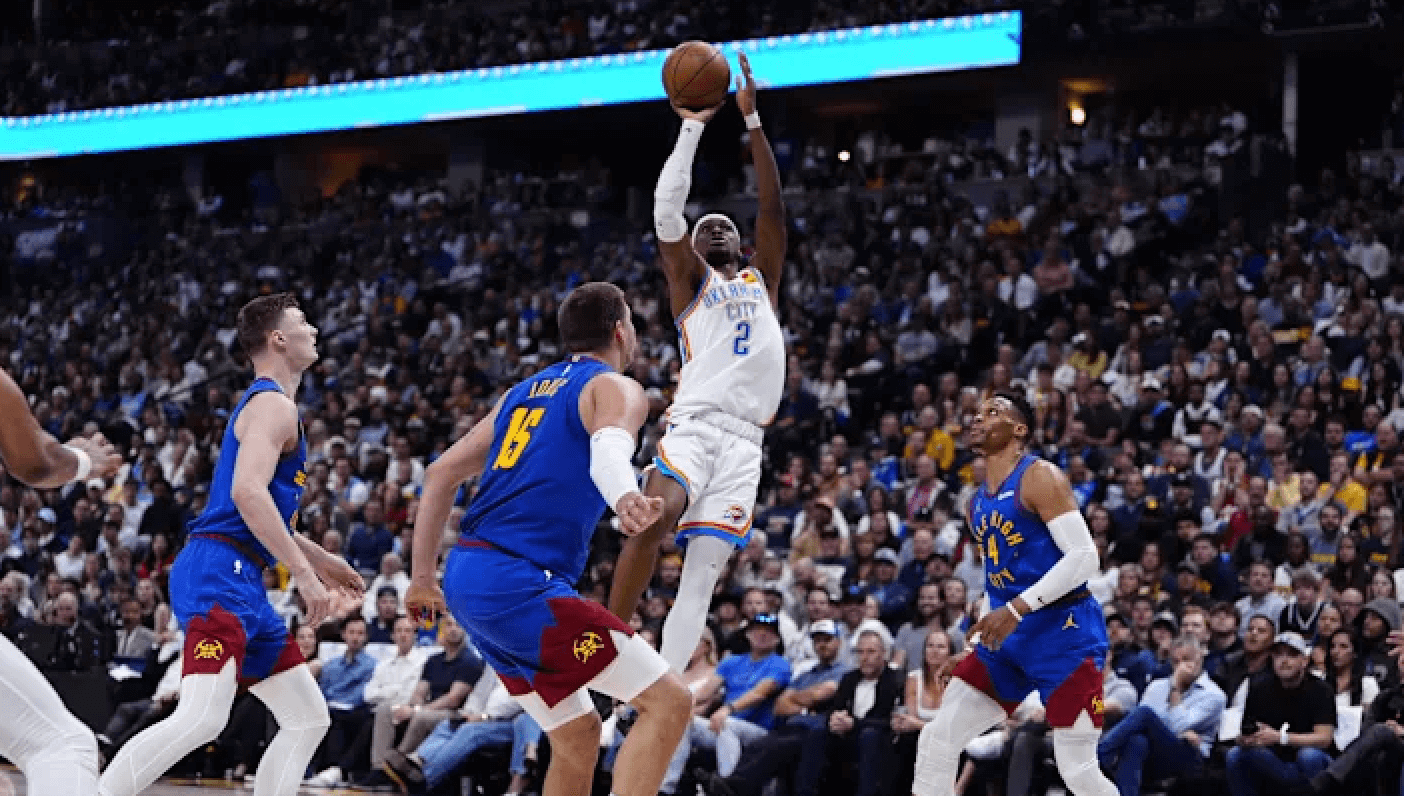The Glenohumeral Joint
The shoulder joint is primarily composed of the glenoid fossa of the scapula and the humerus and is medically referred to as the glenohumeral joint. This joint is the most mobile joint in the human body as it has considerable range of motion in multiple planes of movement. With this increased mobility however, comes the inherent risk of instability that can impact function of the upper extremity. This article will further discuss the anatomical components related to stability of the glenohumeral joint.
Injury
Weakness or damage to either the passive or active stabilizing structures of the shoulder joint can result in pain, impaired joint mechanics, and/or recurrent subluxation or dislocation of the joint. These types of injuries are common with contact sports, trauma, and overuse injuries.
Passive Structures
Stability of the shoulder joint comes, in part, from its anatomical structure. On the rim of glenoid fossa lies a cartilaginous labrum that helps to deepen the socket that the round humeral head fits into. On all sides of the joint, there is a ligamentous capsule that helps to limit excess motion. These stabilizing structures are considered passive because there is no ability for voluntary contraction to impact stability of the joint.
Active Structures
The rotator cuff is a group of muscles that surround the shoulder joint and it helps ensure appropriate contact between the humerus and the glenoid fossa of the scapula while the arm is at rest and in motion. The infraspinatus and teres minor are responsible for external rotation of the arm while the subscapularis is responsible for internal rotation. Lastly, the supraspinatus helps to raise the arm at the side; commonly referred to as abduction. These structures are considered active because they are stabilizing structures that can be voluntarily contracted. Through proper recruitment and strengthening of these muscles, stability of the shoulder joint can be significantly improved. Exercises targeting each muscle can be viewed below:
If you experience shoulder instability that is limiting you from performing your basic daily needs, physical therapy may be the best treatment option for you. Call Respire Physical Therapy at 703-671-1871 or click here to speak with one of our physical therapists to help you get back to a pain free life!

Tags: choosept, arlingtonva, alexandriava, fallschurchva, movement freedom, ptworks, Physical Therapy, pain free living, Respire Physical Therapy, shoulder instability, Shoulder Pain, physical therapist



